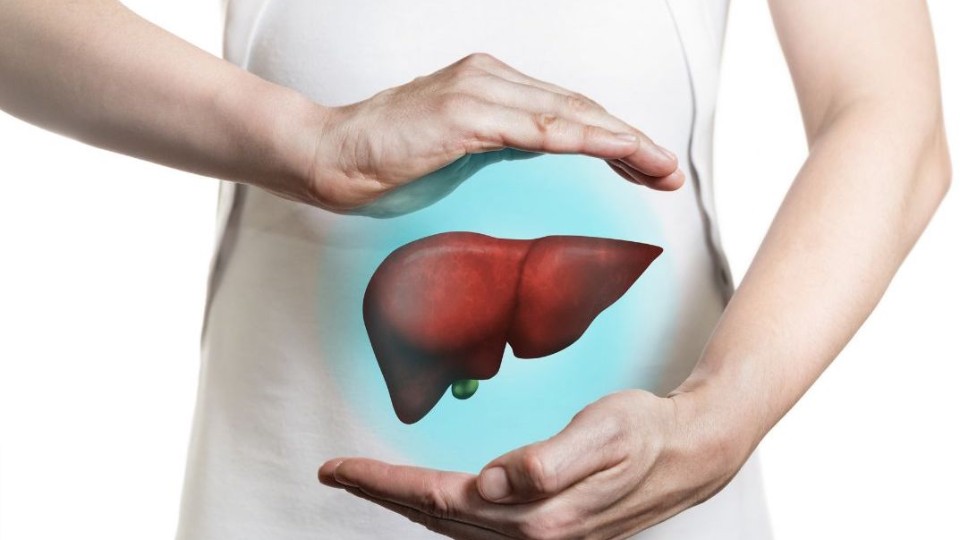Fatty liver disease, marked by an excess buildup of fat in liver cells, can lead to significant health complications if left untreated. It primarily includes two types: Alcoholic Fatty Liver Disease (AFLD) and Non-Alcoholic Fatty Liver Disease (NAFLD). Effective Fatty Liver management is essential for maintaining liver health and preventing progression to more serious conditions. Here’s how to manage fatty liver disease effectively.

Recognizing the Types
Alcoholic Fatty Liver Disease (AFLD): Caused by heavy alcohol consumption, this form of fatty liver necessitates reducing or eliminating alcohol intake.
Non-Alcoholic Fatty Liver Disease (NAFLD): Commonly associated with obesity, diabetes, and metabolic syndrome, NAFLD is not linked to alcohol use.
Nutritional Improvements
Avoid Processed Foods: Limit sugar, refined carbohydrates, and unhealthy fats to reduce liver fat.
Consider the Mediterranean Diet: This diet emphasizes healthy fats and has been shown to benefit liver health.
Weight Management
Achieve a Healthy Weight: Gradual weight loss can greatly improve liver function. Aim for a reduction of 5-10% of your body weight for noticeable benefits.
Balanced Approach: Combine healthy eating with regular physical activity to maintain a sustainable weight.
Physical Activity
Incorporate Regular Exercise: Aim for at least 150 minutes of moderate aerobic activity each week, such as walking, cycling, or swimming.
Strength Training: Include resistance exercises to further improve metabolic health and support weight management.

Regular Health Monitoring
Routine Check-Ups: Schedule regular appointments with your healthcare provider to monitor liver health and function through blood tests and imaging.
Screen for Related Conditions: Keep an eye on blood pressure, cholesterol levels, and diabetes, as these conditions often correlate with fatty liver disease.
Medication Guidance
Consult Healthcare Professionals: There are no specific medications for fatty liver, but managing related health issues is important.
Review Current Medications: Discuss any medications you are taking to ensure they do not adversely affect liver function.
Limit Alcohol Intake
Reduce or Eliminate Alcohol: If you have AFLD, complete abstinence from alcohol is necessary. For NAFLD, limiting alcohol can aid in recovery.
Avoid Environmental Toxins
Limit Chemical Exposure: Reduce contact with harmful chemicals that can stress the liver, such as pesticides and industrial solvents.
Stay Hydrated
Drink Adequate Water: Hydration is vital for overall health and helps the liver function optimally.
